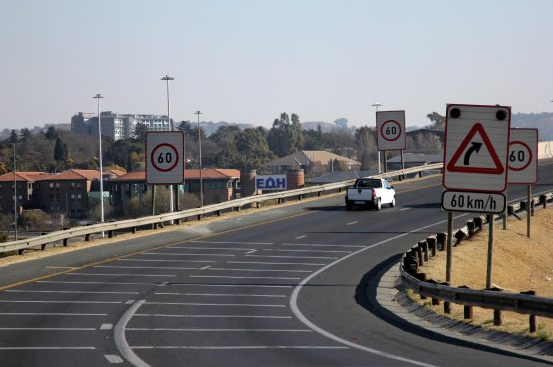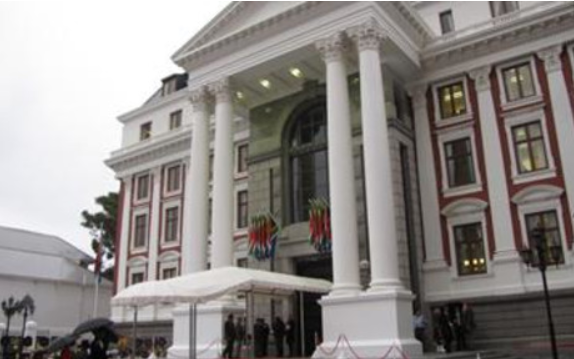You can expect more tax, soon.
The government deficit has to be plugged sooner or later.
The taxes that will be most likely be increased to do that will be personal income tax and valued added tax (VAT), Adrian Saville, Cannon Asset Managers CEO and a professor of economics at the Gordon Institute of Business Science, told Business Insider South Africa – not the corporate taxes that affect consumers less directly.
Government debt will cost you, eventually.
To plug the shortfall in tax revenue in the meanwhile, Mboweni is adding to government debt.
That expanding government debt has seen steadily increasing state bond yields to compensate investors for the worsening creditworthiness, says Glynos George, ETM Analytics managing director and chief economist.
The cost of servicing debt has been the top growing state expense for many years.
Eventually something has to give, and that something will be consumers one way or the other, most likely through more tax hikes.
Interest rates will rise if SA’s credit rating drops any farther.
The worsening creditworthiness of the government, with tax shortfalls at its heart, risks further rating downgrades. That would immediately push up the cost of debt – and would quickly require an increase in interest rates, rising the price of everything from credit card debt to home loans.
Fuel, food, and imported consumer goods will become more expensive.
The worsening state of government finances will make the rand vulnerable, and a weaker rand can have a dramatic impact on the cost of fuel and food, among other items dependent on imports or global prices.
A weaker rand will increase the price of maize, which will have an impact on the price of numerous foodstuffs from mielie meal to meat. South Africa is a major importer of wheat, so a weaker rand will also increase bread prices.
Other products that would be hit include chocolate, cell phones – and foreign holidays too, for those who can still afford them.
Electricity prices will go even higher.
Eskom has been burning billions of rands in imported diesel to try and avoid load shedding.
At the end of July, Eskom reported that the group and independent power producers had spent R6.5 billion on diesel-generated power in the year ended March.
That doesn’t get cheaper when the rand weakens, and ultimately Eskom recovers that money from consumers.
There will be even fewer jobs.
Whatever mechanism is used to plug the revenue shortfall will hit consumer confidence and business confidence, both of which are at the heart of economic growth. Nobody wants to invest when things are getting worse.
The impact of even lower growth will not be a decrease in the already sky-high unemployment – not as companies cut costs and consumers hit by higher taxes and other costs hang on to their money more tightly.
Article by Business Insider











